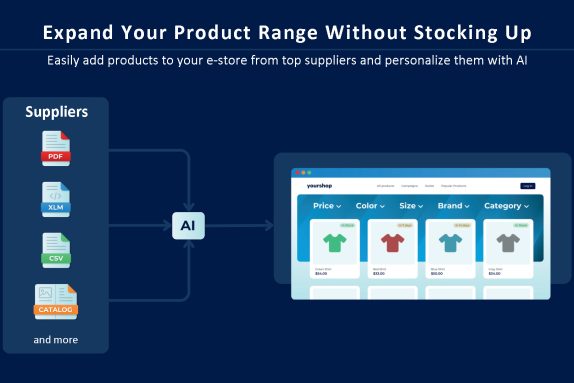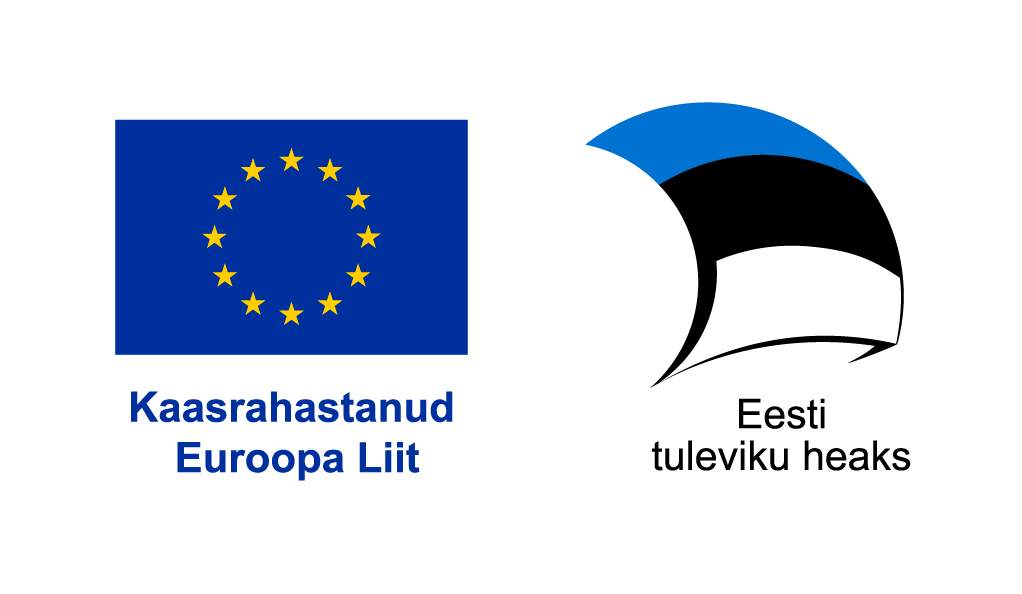Becoming an exporter is the dream of every ambitious entrepreneur – it shows that the product and service you offer is world-class and brings money back to your home country. Gardenhouse24 has been exporting for three years now and today delivers around 3000-4000 garden houses a year all over the world, selling its services exclusively through its e-store. Toomas Kaldoja, the company’s manager, took expansion in stride and despite several setbacks has achieved success, including in the highly competitive UK market and far away in Australia.
Gardenhouse24 is Lumav’s client since the beginning of the export journey and Toomas came to mind first when we thought about how to educate and inspire clients to expand their business across borders. We recently held a morning seminar for a small group at Lumav where he shared his insights. The time of the seminar coincided with a teachers’ strike, and many of those who wanted to come had to stay home to look after their children – so, at the request of the visitors and with Toomas’ permission, we summarised the key points. We don’t rule out writing more about Gardenhouse24 in the future – having an overview of what’s happening in different markets, making quick decisions and experimenting a lot, he has new lessons to share every year.
In terms of the technical solution, it should be said in advance that the core of their business setup is a Magento e-store and store views have been set up for different countries – this means that multiple stores can be managed from a single back-end, and technical solutions and upgrade costs can be shared.
The Beginning
Toomas has previously held senior positions at Videoplanet, Apollo and R-Kiosk. In addition to his management and sales experience, he saw the potential of e-commerce and got the idea to start his own business with partners who were involved in the production of garden houses. It was the perfect time to sell garden sheds and saunas through e-channels – Covid was driving people to shop online, which meant that e-channels inevitably had to be trusted more, people were in their home offices and health/recreation became increasingly important during the pandemic.
The original plan was to set up a simple website with products, buy advertising and generate a stream of leads to engage with. This seems like a logical choice – after all, you are selling higher-end products that also require good service, so the main communication should be personal. It is possible to automate everything to a certain extent, but it is a long way to go.
Three tips for starting a successful export business:
- Instead of price ranges on the website, a concrete price is given, including for installation. The customer comparing the goods knows what to expect and this provides certainty. Imagine looking for a garden shed, opening the first five product pages – what do you do with pages that don’t have a price and you can’t complete the transaction immediately should you so desire? In hindsight, Toomas wished he had invested earlier in the purchase opportunity and set up a proper technical base with an immediate purchase option.
- Investing in your early customers to build trust. First customers lack trust in the company. At the beginning of the sales process, there were more than 50 calls plus emails, and Toomas said he seriously wondered whether he could invest that much time with each customer and why he needed an e-store at all. He is still in touch with his first customer, who sends him pictures of his garden shed.
- The best time invested was learning about the products – Toomas learned about how the products are built and the logistics, and participated in the process himself. This meant competent answers to any questions a customer might have, without having to call in a specialist to answer them. The difference became apparent when new sales people were hired, who often tended to get stuck on detailed questions from the customer, which could lead to a deal falling through.
Toomas chose the UK as his first market because there is no language barrier. Once he had his first customers, he quickly moved on to other English-speaking countries such as Ireland, USA, Canada, Australia and started exporting to other European countries. To do this, he set up various joint ventures as well as recruiting partners – which deserves a separate blog post.
Principles of running an (e)business
Many of the ideas are sector-specific and go beyond e-business, but we highlight them anyway. The key is a brand that creates a good customer experience, and all activities are geared towards ensuring that the customer is truly satisfied.
- Taking full responsibility towards the customer. On several occasions, there were cases where the product was damaged due to the fault of the transport company, but Gardenhouse took responsibility and, if necessary, recovered the damage from the transport company or the installers themselves.
- Reviews. Crucial for building trust, especially in a new market. A single 1-point review can mean tens of thousands of Euros in losses. Related to the previous point – the customer experience comes from the whole process, not just the product (we’ll write more about reviews at some point). Unfortunately, there are also malicious buyers who directly threaten with negative reviews if you don’t pay.
- Additional sales. The main activity is in the garden house section, but there are also smaller components for sale, all delivered by dropshipping. It is a business decision to take the profit from the most important items and not set up a warehouse for the smaller items. An interesting solution from a competitor was that when a product is added to the shopping cart, the strongly suggested additional items are already included with a justification and the customer would have to remove them before confirming the order.
- Aftersale is paramount in generating satisfaction. When a product is ordered, an additional service is offered to visit the customer after six months and provide additional maintenance, regardless of who installed the product – many buyers have taken this up as the price for it is small in comparison. This means that their team from Estonia went to the customer, made minor improvements, did a bit of up-selling and ultimately made sure the customer was happy with the product.
- Local sales team. In the early days of the company, he did this himself and recruited a team from Estonia, but later introduced a local workforce in English-speaking countries to avoid language and cultural problems. For example, the Welsh and Irish dialects can be quite difficult to understand, and Union Jack should not be used as an English option on the Irish site.
- Physical showrooms. According to Toomas, showrooms in supermarkets only work when your own salesperson is there, and in large shopping centres people do not tend to buy garden sheds as a part of their general shopping.
- Delivery partners. In the case of supply, it should be borne in mind that the countries of destination are mostly larger than the home country, and the supply price can be very significantly affected. Toomas has arrangements with different people/partners in different regions – as installation can take a relatively long time, this helps to save on accommodation and transport.
- Marketing: Google Ads vs Meta. The most important thing when marketing garden houses is real images – it’s a visual product. Increasing the Google Ads budget at the expense of Meta turned out to be a costly mistake.
- Marketing: fans as influencers. An Irish supermodel bought a sauna and turned it into a reel on her own accord – in one day, traffic rose by 68% and bookings increased. In return, she received gifts of sauna accessories. In Australia, he commissioned a post from an MMA boxer about how the sauna helped with his recovery, which boosted sales significantly. It’s worth keeping track of who has ordered from the e-store and is already a fan of the products, and then approach well-known personalities with a request for collaboration. Also look behind the companies – a number of famous people order through a management company.
- Payment methods. Paypal appeals to customers because it protects their payments and holds the trader’s money until the service is delivered.
- Payment terms. In the case of sales of large and expensive products, all money must be received from the customer before delivery. Fraudsters are on the increase in this business, and only the money actually received can be accepted as proof of payment, instead of transfer slips or confirmations.
- Getting things done. For fear of money laundering and fraud, simple activities such as setting up a business, setting up bank accounts, finding leasing and payment partners and so on are often difficult to achieve from abroad. Quite often, you have to fly in to sign some simple documents. When expanding abroad, it could be worth considering buying an existing company instead of setting up a new one, in order to get a “tick” on the year of incorporation.
Behind each point there were interesting stories that led to these conclusions, and we hope to be able to gather new thoughts in the future, keep an eye on our blog.
Summary
Gardenhouse24 continues to grow, and Toomas, through experience and with help from good partners, has increasingly automated his processes – including Magento. The system is up and running and he can concentrate on opening new markets. The journey has not been easy and behind every successful business process there are several failures.
In the future, Toomas wants to invest more in how to monetise data. With the help of various software tools, it will be possible to monitor both customers and competitors and make both quick and long-term strategic decisions based on this information.
We thank him for being a Lumav customer, and we believe that many a job in some great rural location will be saved during the current downturn thanks to Gardenhouse24.




















